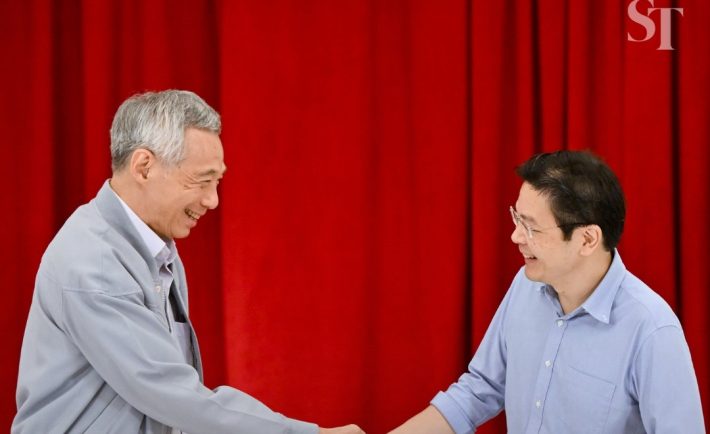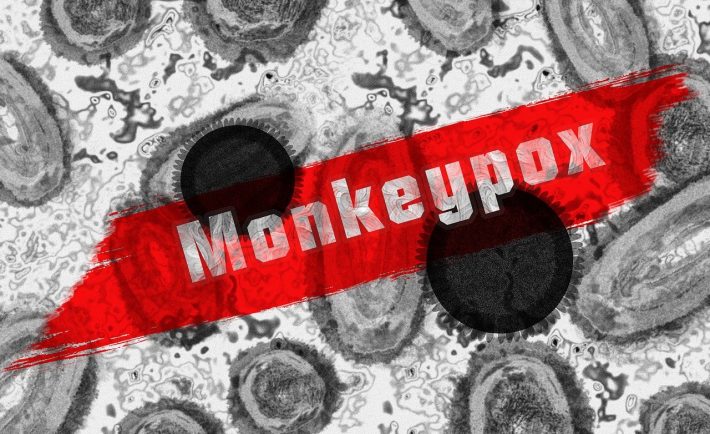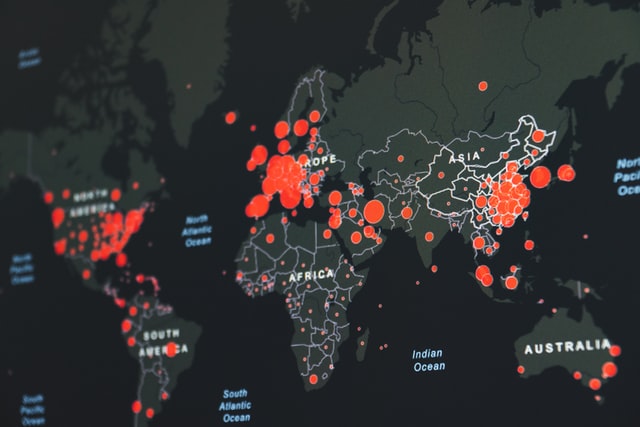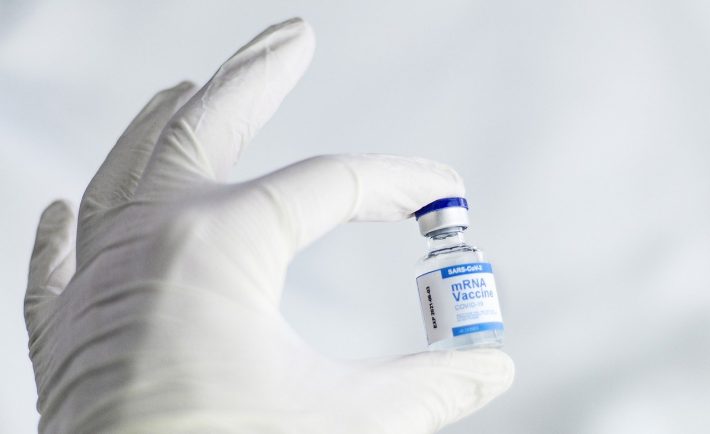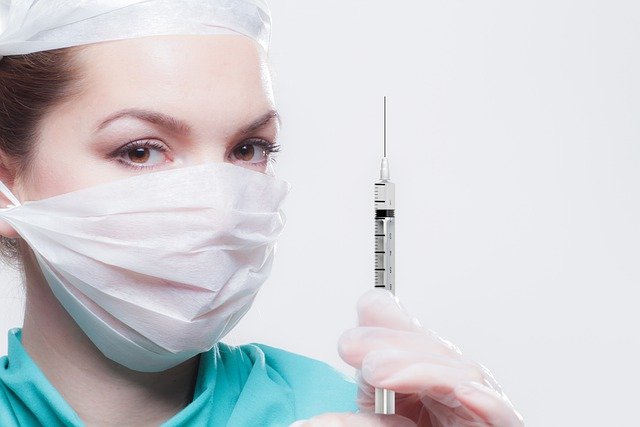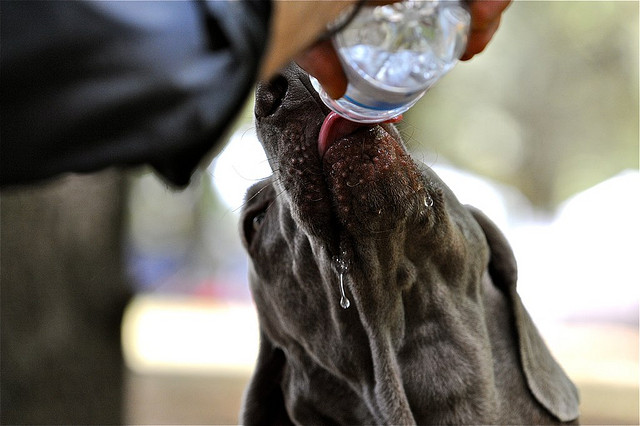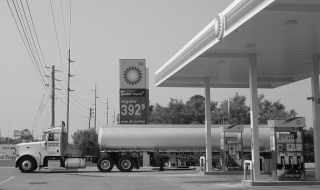Long-time Singaporean Prime Minister Lee Hsien Loong recently announced his decision to step down and pass the baton to his designated successor, Lawrence Wong, on May 15. This transition comes ahead of an impending election slated for next year.

Image Credits: unsplash.com
Wong has long been recognized as the prime minister-in-waiting, a position he assumed in April 2022 after the previously appointed successor withdrew unexpectedly. This disruption in the meticulously planned leadership succession, customary in Singapore, has been carefully navigated to ensure continuity.
During the COVID-19 pandemic, Wong emerged prominently as the co-head of the government’s COVID-19 task force. His adept management of the crisis, which included implementing movement restrictions and overseeing contact-tracing efforts, garnered widespread acclaim. He not only succeeded in containing infections and minimizing fatalities but also excelled in communicating government policies transparently to the public.
Having served as Lee’s principal private secretary from 2005 to 2008, Wong subsequently held key ministerial positions in education, national development, finance, and eventually ascended to the role of deputy prime minister in 2022.
In accepting this new responsibility, Wong expressed humility and a profound sense of duty. He articulated his commitment to serving the nation wholeheartedly, pledging to be guided by the aspirations and concerns of the people.
Lee, in acknowledging the significance of the leadership transition, emphasized its importance for the nation’s progress. The Prime Minister’s Office affirmed Wong’s leadership, highlighting unanimous support from the People’s Action Party (PAP) MPs.
Wong’s call to action encourages Singaporeans to actively participate in shaping the country’s future. He invites citizens to share their ideas, aspirations, and concerns, emphasizing the collaborative effort needed to build a brighter tomorrow for all.
Addressing the financial concerns of Singaporeans remains a key priority for the incoming leadership. Recent surveys indicate significant apprehension among citizens regarding their financial security, with factors such as rising household expenses and inflation weighing heavily on their minds. Issues such as soaring rental costs and the anticipated increase in Goods and Services Tax (GST) further underscore the need for proactive measures to alleviate financial burdens and ensure economic resilience.
As Wong assumes office, he commits to addressing these challenges head-on, working tirelessly to build a prosperous and inclusive Singapore.

